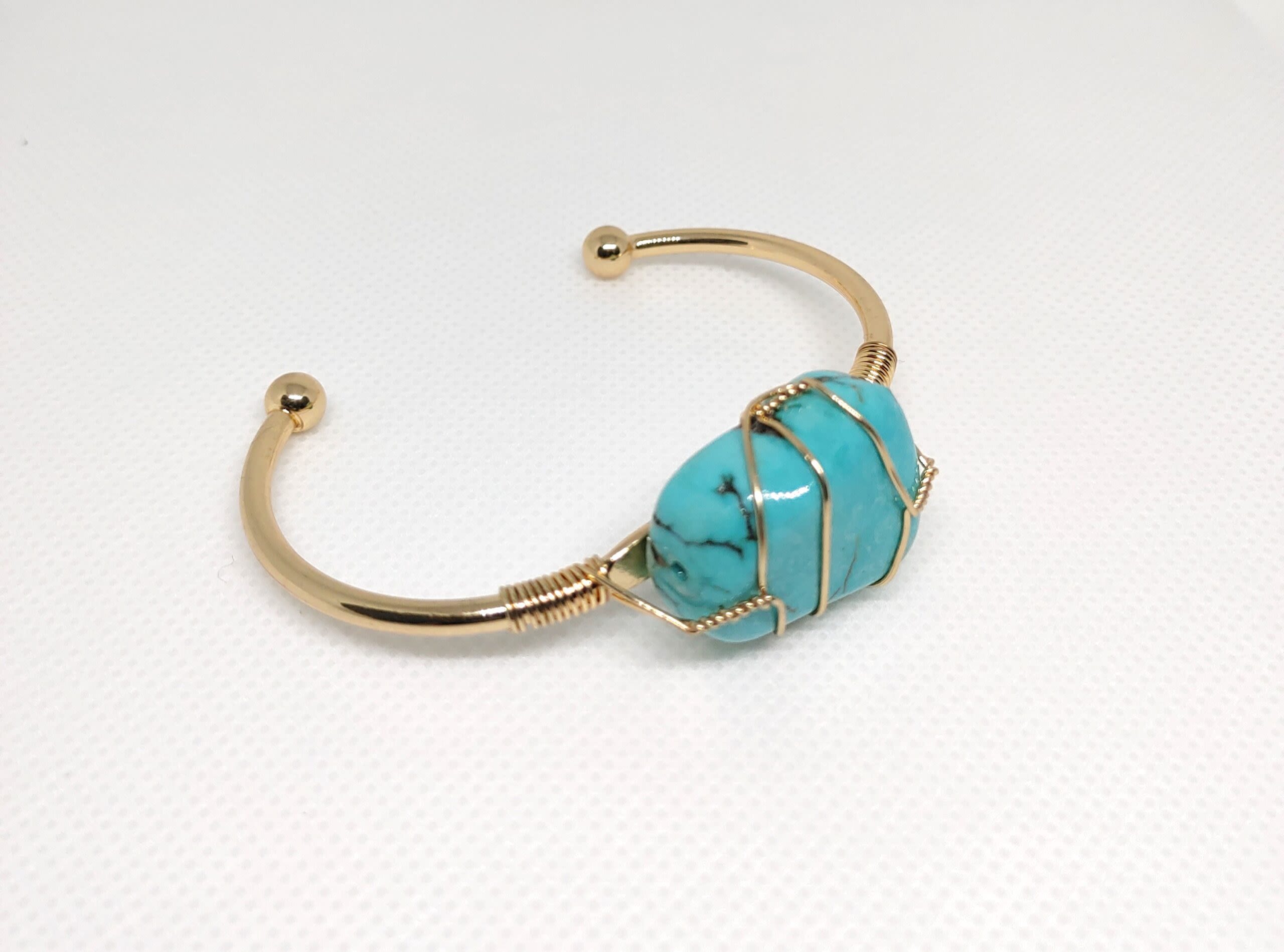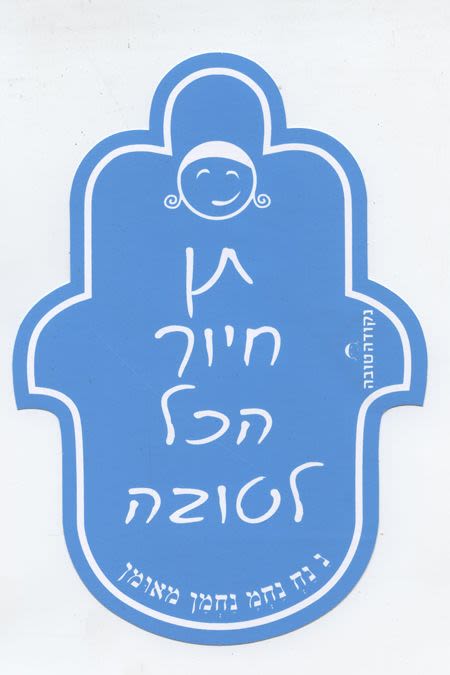
Thanking Hashem For Our Troubles
A wonderful upward spiritual spiral begins; his sadness stops, and so do bad luck and severe judgments…

How does a person seek relief from his troubles? Our troubles are dinim, severe judgments, but we have the power to turn those severe judgments into chessed, or divine compassion. How? When we thank Hashem for our troubles, we are making a statement of emuna: "Hashem, I know that everything You do is absolute loving kindness. And I know that You always do what's best for me. Therefore I know that this trouble is for my ultimate good, to test my emuna and correct my soul. I want to express my appreciation!"
Sound crazy? It's not. As soon as a person talks to Hashem like that . . . Boom! . . . he is no longer depressed. A wonderful upward spiritual spiral begins; his sadness stops, and so do bad luck and severe judgments. The severe judgments become mercy, divine compassion and loving-kindness. Trouble does a 180 degree turn. All the troubles turn into mercy.
Rebbe Nachman of Breslev teaches that before a person is granted a miracle, he is tested with trouble. The bigger the miracle he is about to receive, the bigger the test and trouble. When a person looks at his troubles, his trial and tribulations, through the eyes of emuna and thanks Hashem for them because he strongly believes that everything Hashem does is for the best, then he merits a major miracle.
Here's how. When the person decides to be strong in emuna, the din/judgment turns into rachamim/mercy; the severe judgments becomes loving-kindness. The belief in Hashem turns the harsh trial into a tremendous salvation! It's the secret of winning any case in the Heavenly Court! That's how emuna brings miracles. Rebbe Nachman says that he who is happy with tribulations sees salvation. One who withstands tribulations receives miracles. All these fantastic concepts are to be found in Rebbe Nachman's Sefer HaMidot.
Hitbodedut invokes divine compassion. Those fortunate people who spend an hour a day talking to Hashem in their own language, and who are happy with life's rough edges, see miracles all the time! With emuna you're not limited by nature!
We must constantly ask Hashem, "Hashem, give me emuna. Let me understand, know and feel how everything is for the best. Open my heart, teach me how to have faith and trust in You. Open me eyes, let me see the miracles in my life every day." That's how we should speak with Hashem. What? You think He won't answer? If He gives us our material needs, He won't grant us our spiritual needs? Of course He will!
Rebbe Nachman also says that by virtue of emuna a person is rescued from peril. People have mistaken notions of emuna: they think that emuna is faith that Hashem will do for them what they want. No! Emuna is faith that whatever Hashem does is for the best!
People know that it's good to cry in prayer. Rebbe Nachman teaches us that praying in happiness is much higher than crying in prayer! People think that those who cry in prayer are on a high spiritual level. But praying with joy is an even loftier level than praying with tears. Crying is sadness. Gratitude in prayer is happiness. We all have free choice to decide which path to take, gratitude or the opposite, joy or the opposite. The choice is ours. It's a good idea to thank Hashem all day long – for everything.
Somebody once asked Rav Shalom Arush – after he had said that a person should thank Hashem all day long for everything – "What, should I thank Hashem after having committed a sin?" Rav Shalom answered, "Yes, you should thank Hashem for showing you that you're a nothing! The sin reminds you that you're not perfect, and that you need to do teshuva. Hashem is doing you a favor by letting you see your shortcomings and giving you the chance to correct them."
One of the most difficult lessons for us to learn is to annul our ego — our nothingness. This is a notion completely contrary to Western education, but the advantage of nothingness is that it prevents us from sinning. Here's why. Sin comes from arrogance. King David (Dovid Hamelech) committed one sin in his life, and repented all his life. If a person knows that he is nothing, he doesn't sin. Sinning is arrogance, revolting against Hashem!
Hashem is waiting for our prayers. He wants us to get up in the middle of the night and say Tikkun Chatzot. Hashem can build a million temples. Does He wants us to cry over the ruin of stone and cedar? Certainly not! Hashem wants us to cry over the absence of the Divine Presence in our midst. He wants us to cry for the absence of the truly holy tzaddikim. He wants us to cry for our feeble faith, that we don't believe in the miracles He does every day and every minute, that we don't thank Him for all His fabulous Divine providence, whether it seems to us for the better or for the worse. Hashem wants us to cry in longing for Him! If we cry for the right reason, we will never again cry for the wrong reason.










Tell us what you think!
Thank you for your comment!
It will be published after approval by the Editor.